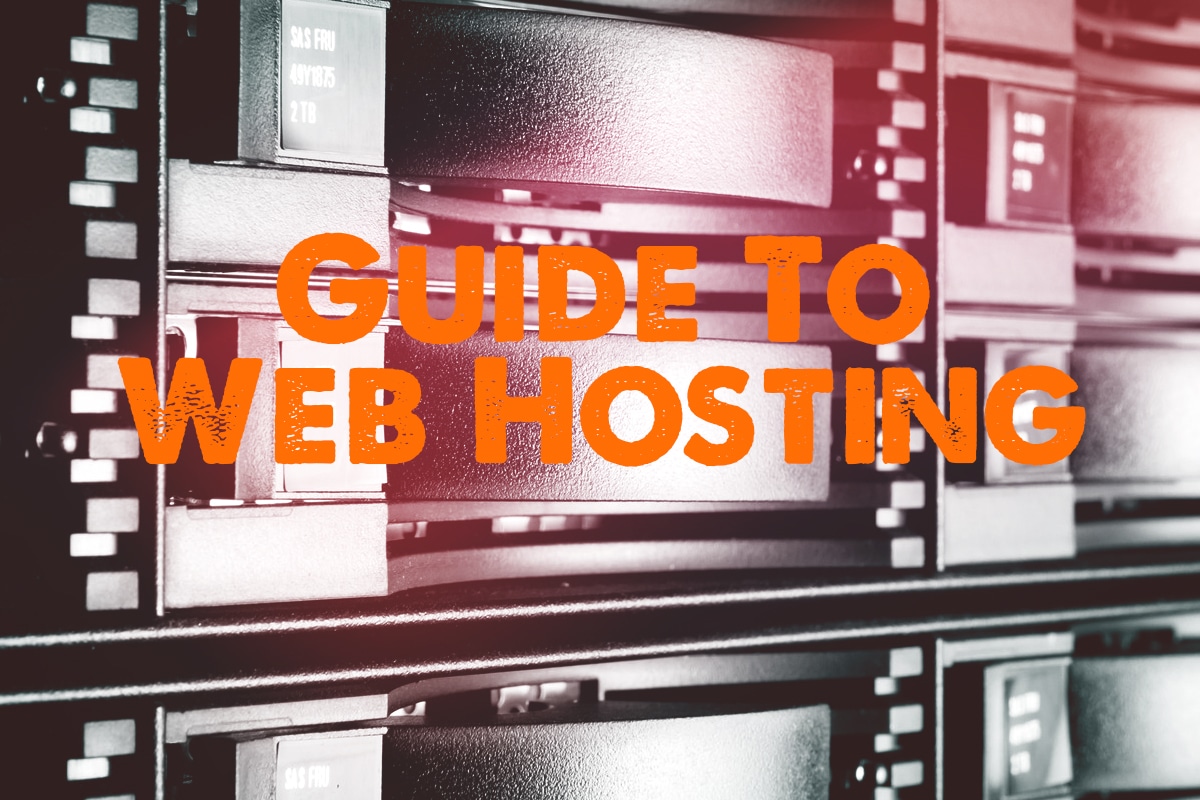Website Hosting Guidelines
If you are creating a new website, you will have to choose a website hosting company. But which one do you pick when there are so many of them? The host you choose will affect the speed, security and stability of your site. Migrating to another can be a real headache. Therefore, it’s important to select the right one from the start. In this website hosting guide, we will tell you what you need to consider before making this big decision.
Self-hosted vs. Hosted
The first decision to make before creating your website is whether to use a self-hosted or a hosted platform. Each has its advantages and disadvantages. If you don’t know the difference, perhaps the following analogy might help.
Compare a car to a bus. A car will go wherever you want to go at any time. You can customize it however you want, decide how fast to drive and what radio station to listen to. But you will need to pay for fuel, parking and repair and maintenance. On the other hand, a bus will only go to certain destinations. You can’t pick the music, and you can’t leave whenever you want. However, you won’t pay for parking or maintenance. In our case, a self-hosted option is the car, and a hosted platform is the bus.
Like the car a self-hosted solution is when you store all your website files on your server. A hosted solution is when you store your data on someone else’s server. A self-hosted option gives you more freedom to customize your site’s design. However, you are responsible for the sites protection, updates and backup. With a hosted solution, you never have to worry about backups, updates or security. The host handles everything on your behalf.
In this hosting guide, we will be focusing on hosted solutions. You can classify them into three groups: Shared, dedicated and virtual private server. In shared, you share one server with several people. In dedicated, you get an entire server all to yourself. VPS separates one server into several virtual servers with each one of them having a different operating system.
Some of the popular web hosts are BlueHost, Hostgator and Godaddy. There are local area companies, too. They include Canadian Web Hosting, or MNSi in the area that I am in. How do you decide whether a host platform is good? What features should you consider? Before you can settle on a particular host, you need to answer the following questions first.
What are your web hosting needs?
The decision you make should depend on the type of website you want to create. If you are going for something common like WordPress, most platforms will work. However, if your site will require special software or may need to handle huge volumes of traffic, you need to pick a host that can accommodate these special needs.
Is the host reliable?
You should pick a host with powerful servers and an excellent network connection. The recommended uptime score is 99.5% and above. You should not consider any website hosting company that scores less than 99%. The choice you make here will affect your site’s overall speed. There are many reliable tools you can use to get the uptime information for any of the hosts before you can commit yourself.
What are the upgrading options?
If your website is relatively new and is attracting less than 40,000 visitors a month, a shared web host will serve you well. However, if you are expecting a very high growth rate in the next few years, you will need to upgrade to virtual private or dedicated server because a shared server may not have enough room to accommodate your growth. Upgrading will guarantee you more storage capacity, better security features and more processing power.
Do you need multiple sites?
Since domain names are quite cheap, it is never enough to have just one. If you want several of them, you need to be sure that the web host will allow you to have multiple. Most platforms will allow this, but you should not take any chances. You need to confirm before signing up.
What are the price options?
Web host platforms have two types of fees. Sign up and renewal. They will usually have very cheap and attractive sign-up fees but may charge you higher monthly renewal fees. The prices will vary from one host to another. You need to weigh your budget against your needs when it comes to price. For example, do you need a whole server to yourself or will sharing one, which is cheaper, be enough?
Does the host perform regular backups?
Let’s be honest; any site can be vulnerable to hacker attacks or any other unpredictable event that may lead to loss of valuable data. If your host performs regular backups, there is no cause to worry. If not, it is possible to lose the content you have been creating for god knows how long. An excellent web platform will not only do regular backups but also allow you to restore back up files by yourself.
The success of your website will be greatly influenced by the host you choose. There are many wonderful ones out there, but there can never be a one-fits-all solution.
Every website or blog has its unique needs. The only secret is knowing what your needs are and picking a website hosting provider that addresses them best. Your goal here should not be to find the best company in the world but to find the right one for you.


Share This Article
Choose Your Platform: Facebook Twitter Google Plus Linkedin